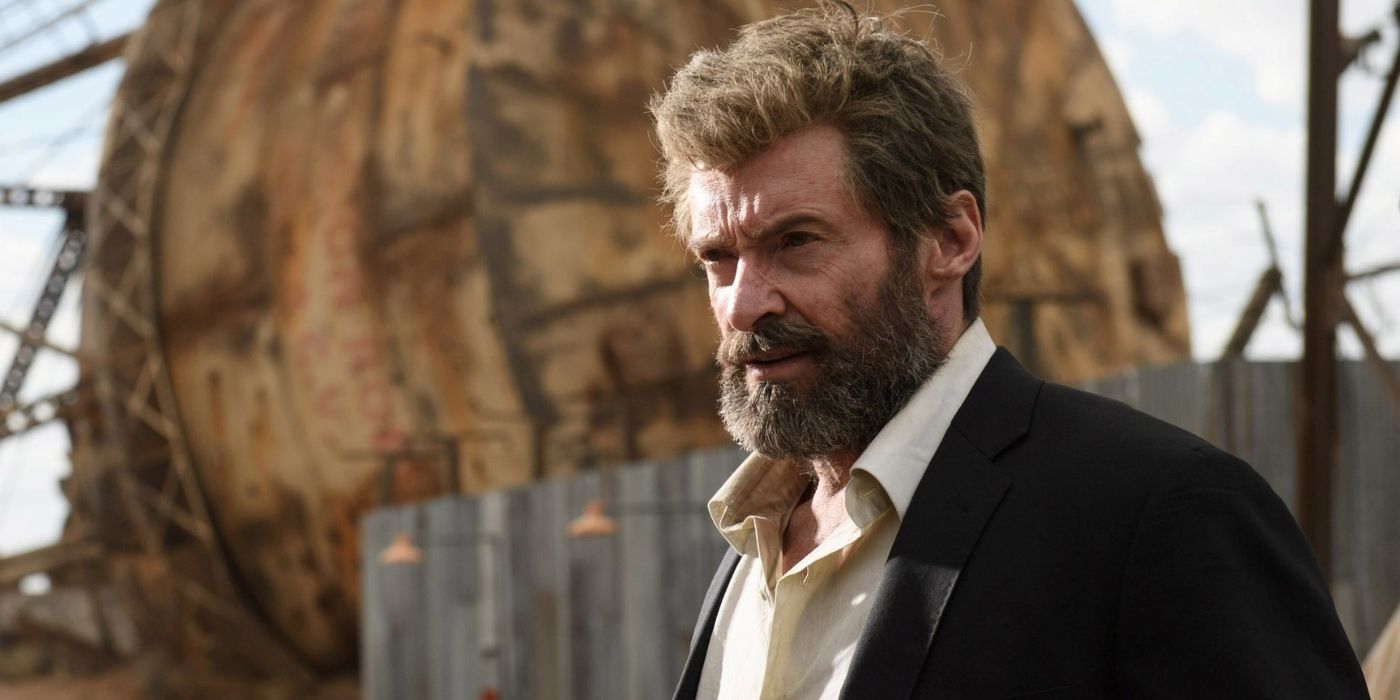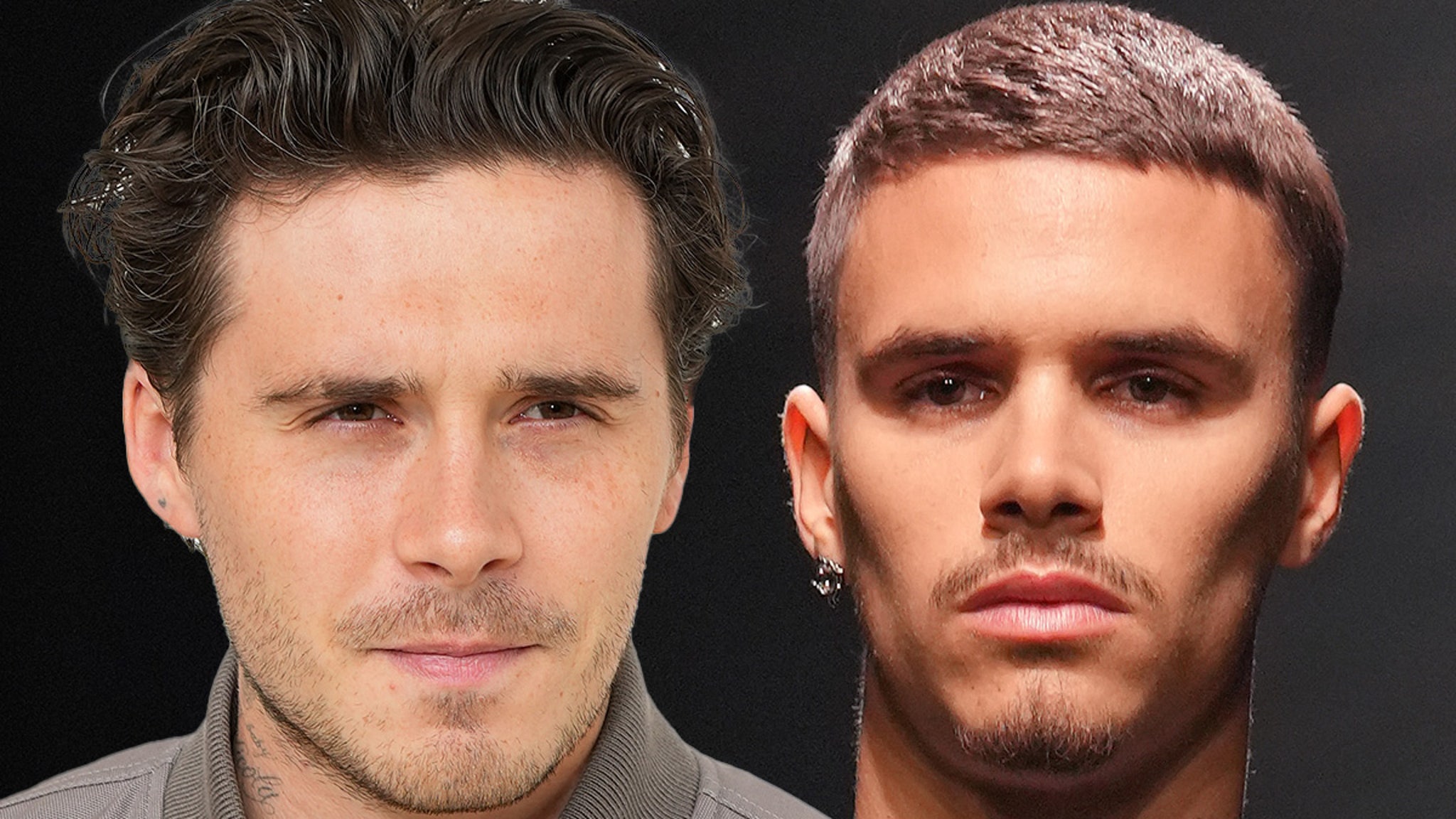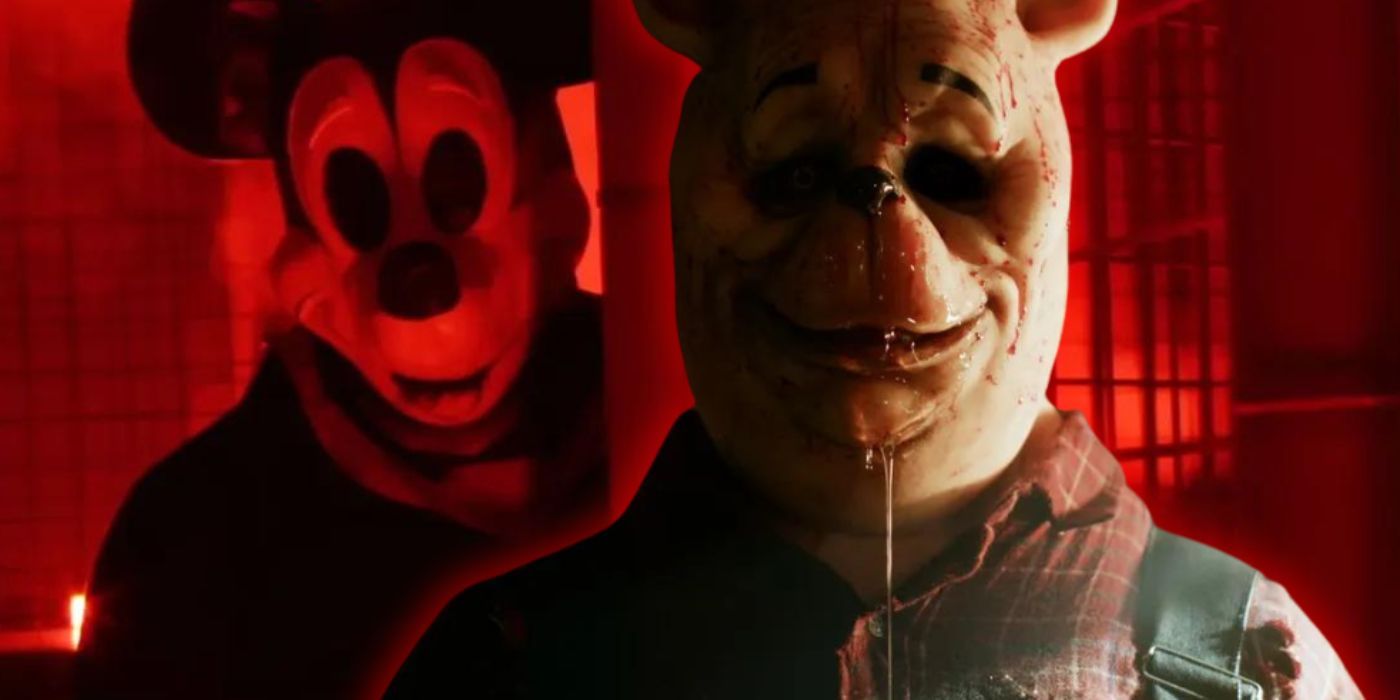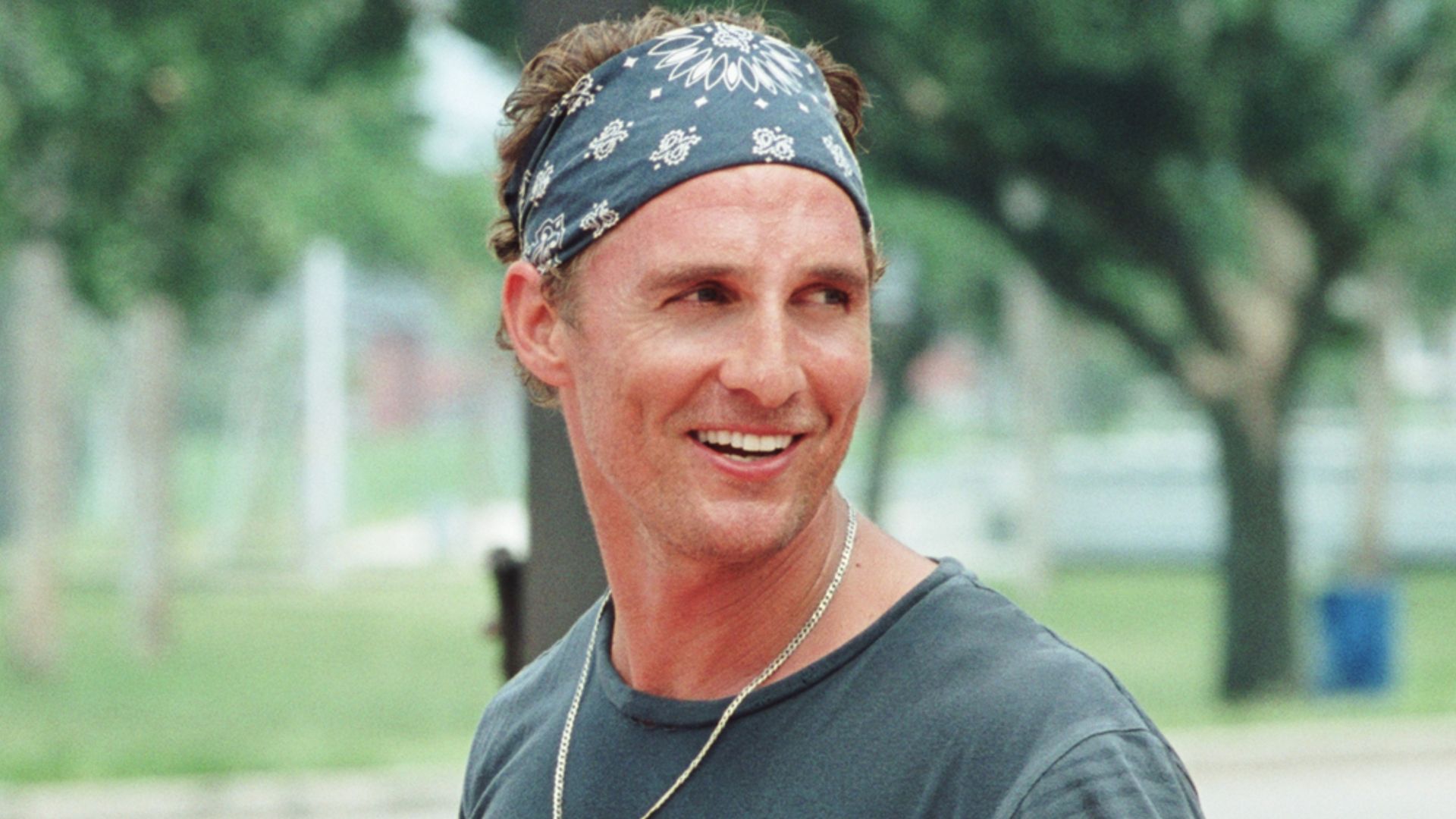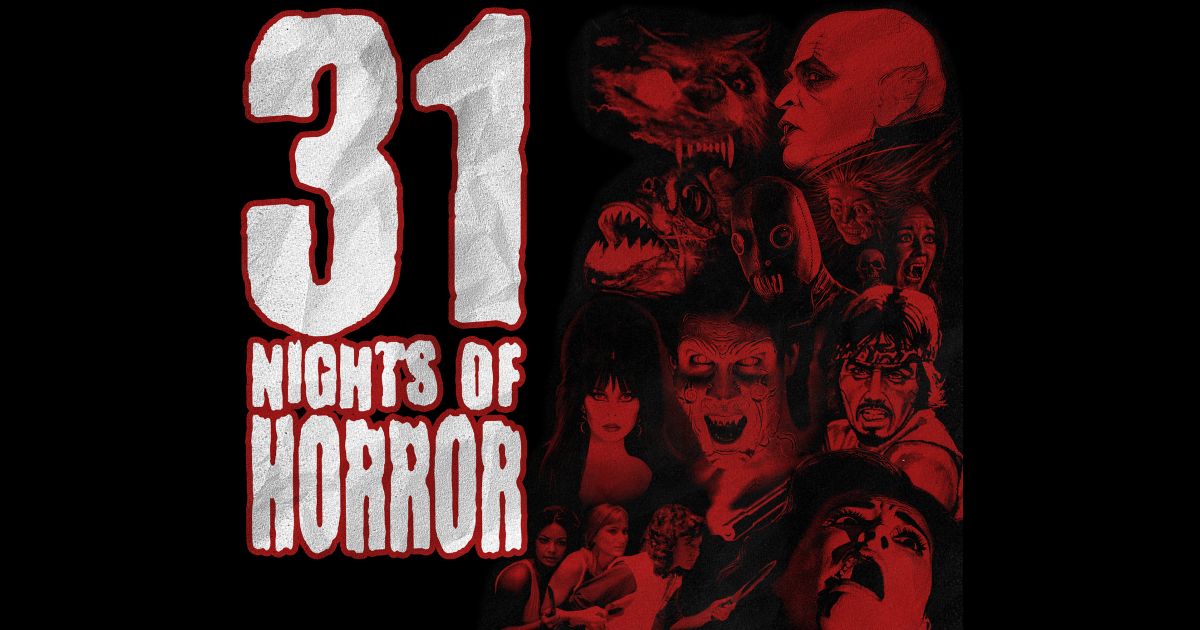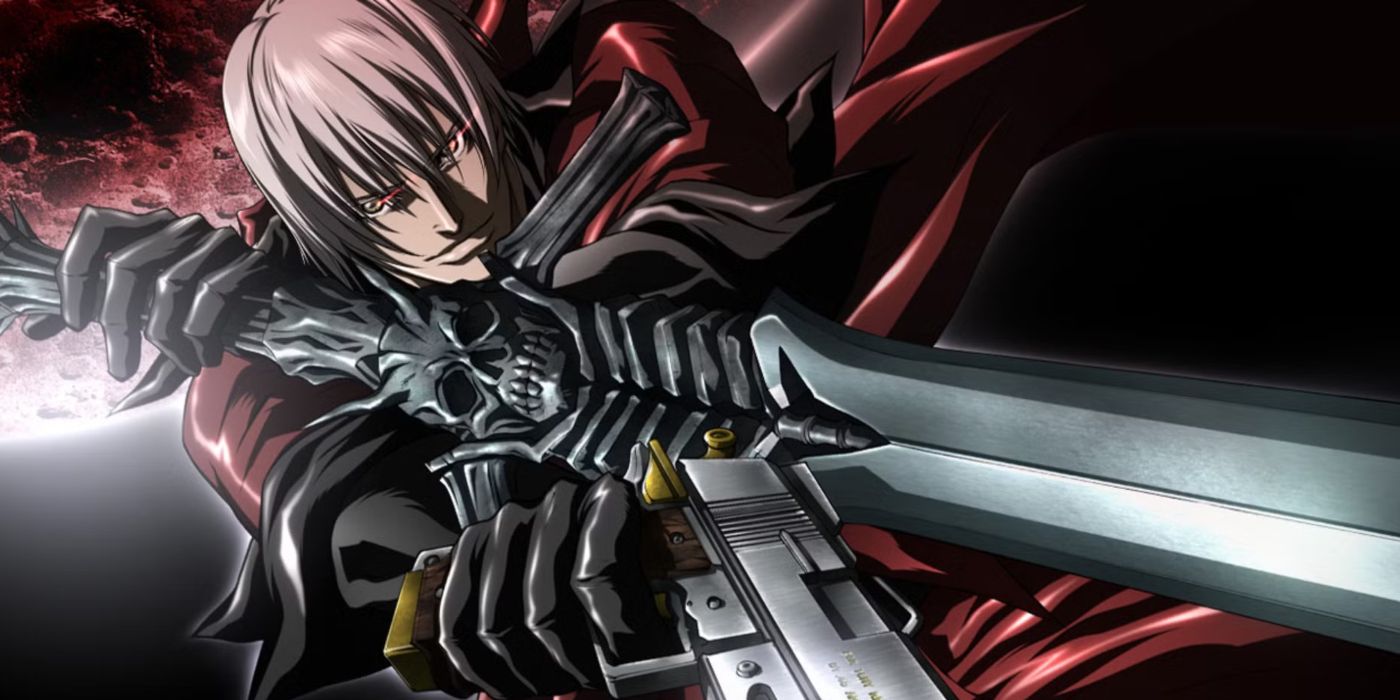Summary
- Filmmakers should exercise caution when reimagining childhood figures, as the public domain doesn’t grant unlimited freedom and legal disputes may arise.
- The trend of darker reimaginings extends beyond films to video games, indicating a cultural fascination with transforming the familiar into something terrifying.
- Frake-Waterfield advises a selective and high-quality approach to adaptations, rather than flooding the market with numerous projects, in order to achieve long-term success.
Recently, a curious trend has emerged, with classic childhood figures being reimagined in a darker, more sinister light. The film Winnie-the-Pooh: Blood and Honey controversially leads the pack, sparking a blend of outrage and captivation. Its director, Rhys Frake-Waterfield, is now cautioning his peers against following in his footsteps, particularly with the potential pitfalls surrounding adaptations of the newly public domain Steamboat Willie.
Per IndieWire, the director’s insight into the legalities of public domain works sheds light on the naivety some filmmakers might harbor. He notes that just because a work falls into public domain doesn’t grant carte blanche to reinterpret it without consequence. He predicts a future riddled with legal disputes and high costs, potentially stifling creativity and innovation in what could be a burgeoning cinematic niche. Frake-Waterfield said:
[I] noticed some stuff [on a few of the Steamboat Willie projects that] they shouldn’t have done. We didn’t want to go near that character. [Some of these new projects are] sketchy. They think just because something’s fallen in the public domain you can just make up a version of it and then put it out to market and it’s completely fine. [It’s about to get] quite scary and extremely costly. I don’t know if any of them are going to, you know, try to make them good. That getting repeated all the time, it won’t have the same kind of hit. It doesn’t have the same kind of longevity for what we’re trying to do. I personally believe the only way that this becomes sustainable for us making films is to really focus on doing a select few, the ones we think are best, and making them have a really high quality.
The trend doesn’t stop at the silver screen. Video games are also getting a taste of this horror renaissance, with titles like Infestation: Origins portraying a possessed Mickey in a fight for survival. This breadth of reimagining points to a larger cultural fascination with twisting the familiar into something new and terrifying. However, the question arises: at what cost does this trend come, both legally and creatively?
Frake-Waterfield’s foray into the horror genre with the beloved bear of the Hundred Acre Wood has certainly stirred the pot, and he doesn’t shy away from admitting the challenges and controversies surrounding such bold moves. His recent remarks focus primarily on the potential legal maelstrom that could ensue from adapting Mickey Mouse’s iconic debut, especially with the emergence of titles like Mickey’s Mouse Trap, a proposed slasher film that sets a gruesome trap in the once joyous world of the famed character.
RELATED: How Winnie the Pooh: Blood and Honey 2 Can Improve After a Notoriously Low Rotten Tomatoes Score
Between Creativity and Caution: The Film Industry’s Delicate Dance with Iconic Character Reimaginings
Frake-Waterfield suggests a more selective, quality-focused approach to these adaptations. He believes the approach should focus on crafting a few timeless stories rather than flooding the market. It’s a note of caution for an industry often driven by trends and the allure of quick success.
As more projects like Mickey’s Mouse Trap enter development, alongside Frake-Waterfield’s own upcoming horror takes on Bambi and Peter Pan, the industry stands at a crossroads. Are these films destined to usher in a fresh era of horror or succumb to legal battles, creative shortcomings, or audience rejection?
Critics and audiences have already voiced their reservations. Films like The Mean One and Winnie-the-Pooh: Blood and Honey have received mixed to negative reviews, signaling a potentially limited appetite for such stark reimaginings of beloved characters. Moreover, the specter of Disney’s legal prowess looms large, threatening to quash these ventures before they can gain traction.
In the end, Frake-Waterfield’s warning may serve as a prophetic cautionary tale for ambitious filmmakers looking to dip their toes in these troubled waters.
You can view the original article HERE.






